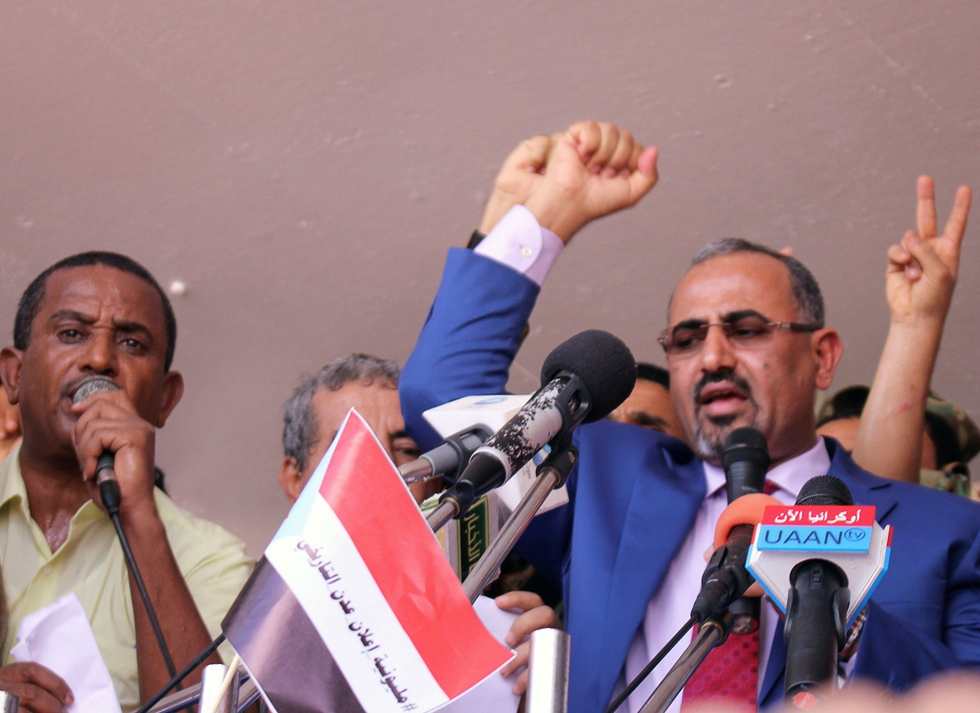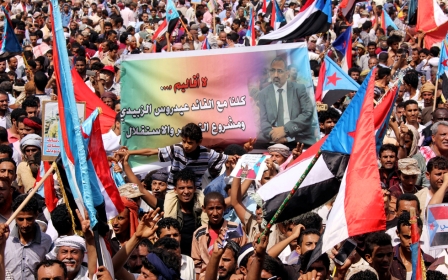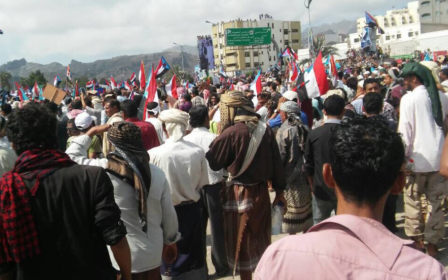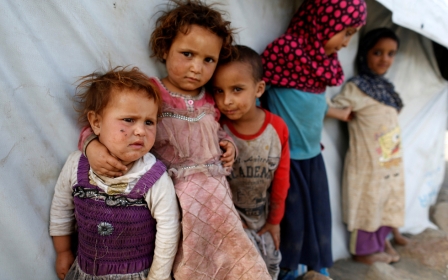Yemen government rejects southern breakaway as 'baseless'

The Yemeni government on Friday rejected a new council formed by senior tribal, military and political figures that seeks the secession of southern Yemen, saying it would deepen divisions and play into the hands of Iran-backed Houthi rebels.
On Thursday, Aidarus al-Zubaidi, a governor of Aden recently sacked by the president, Abd Rabbuh Mansour Hadi, declared the council would establish a "national political leadership" under his presidency that would represent and administer the south.
The announcement threatens more turmoil in the country where the internationally recognised government is forced to sit in Aden because the Houthi rebels control the capital, Sanaa.
The move is born out of a power struggle between the southerners and Hadi that has undermined regional power Saudi Arabia's efforts to coordinate a military campaign against the Houthis.
"These resolutions are baseless ... and target the interests of the nation and its future social fabric," Hadi's government said in a statement.
The Saudi-led coalition could not be reached for comment.
The South Transition Council's 26 members include the governors of five southern provinces and two government ministers.
Zubaidi announced the council's creation in a televised address on Thursday in front of the flag of the former nation of South Yemen, whose forces were defeated by the north in 1994 and brought into a reunified country.
The south holds much of Yemen's modest oil reserves and is the backbone of the country's economy.
A senior southern Yemeni official said secessionists hoped the mostly Gulf Arab military coalition would support their cause, describing it as a "step forward after a long struggle".
The official cautioned the Hadi government against using force and voiced optimism the United Arab Emirates and Gulf states would respect the will of southerners.
However, Saudi Arabia and the UAE, which have armed and funded southern troops during the war, do not back secession and say they fight for a unified Yemen.
Violence, famine and disease have killed more than 10,000 people since the start of the conflict, the United Nations says.
Al-Qaeda's powerful branch in Yemen has also taken advantage of the chaos to take refuge in lawless parts of the south.
Middle East Eye propose une couverture et une analyse indépendantes et incomparables du Moyen-Orient, de l’Afrique du Nord et d’autres régions du monde. Pour en savoir plus sur la reprise de ce contenu et les frais qui s’appliquent, veuillez remplir ce formulaire [en anglais]. Pour en savoir plus sur MEE, cliquez ici [en anglais].




